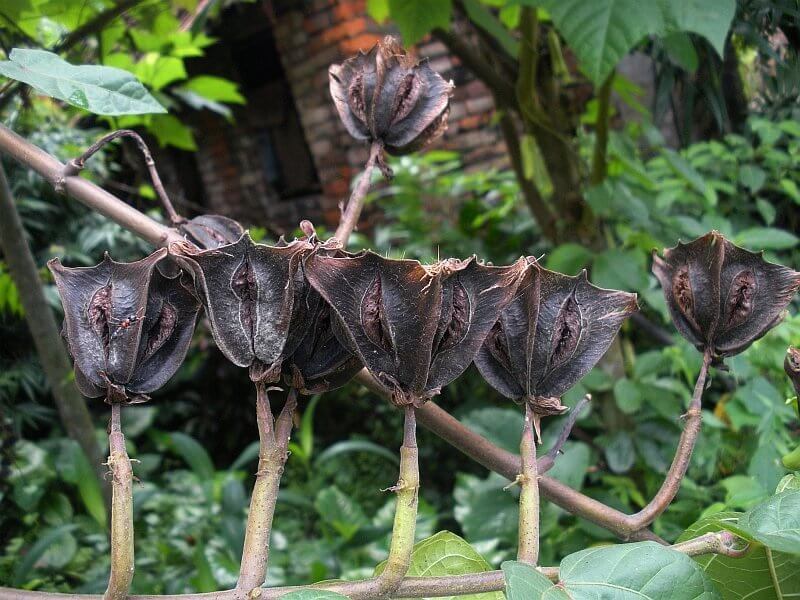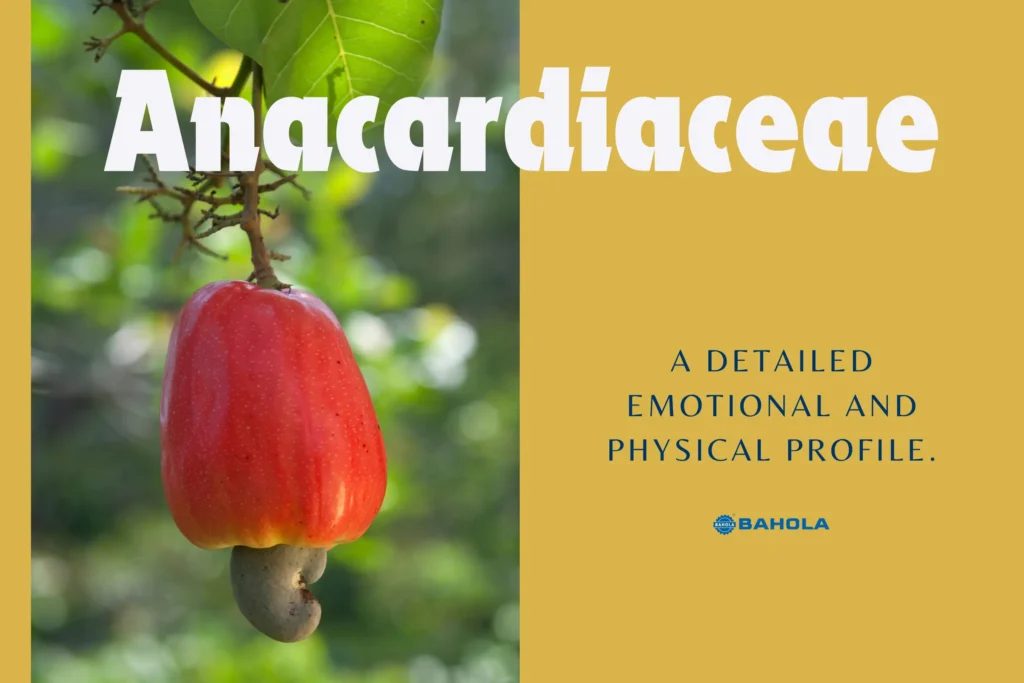Abroma Augusta Q: A Homeopathic Gem for Diabetes and Dysmenorrhea
Homeopathic remedies often boast a range of therapeutic benefits that modern pharmacology can find intriguing. Among these, Abroma Augusta—commonly referred to as Abroma Augusta Mother Tincture—stands out for its remarkable efficacy in addressing two key conditions: diabetes mellitus and dysmenorrhea (painful menstruation). Derived from a plant native to parts of Asia, Abroma Augusta has a long-standing reputation in classical homeopathic literature (Farrington, Hering, and Boger) for its ability to bring relief in conditions characterized by metabolic and hormonal disturbances.
1. A Brief Introduction
Abroma Augusta is a tropical shrub found across South and Southeast Asia. In homeopathy, the mother tincture is prepared from the bark and roots of the plant. Dr. Farrington notes its valuable role in supporting the endocrine system and regulating disordered blood sugar metabolism, making it a favorable option for individuals with diabetes mellitus. Hering’s Guiding Symptoms also highlights Abroma’s action on the reproductive sphere, particularly in cases of painful and irregular menses.
Key Symptoms and Uses
General Overview
- Highly regarded for its effectiveness in managing diabetes mellitus and dysmenorrhea.
Urinary System
- Profuse urination (day and night), with frequent urges.
- Marked dryness of mouth and intense thirst, relieved after urination.
- Urination causes exhaustion.
- Urine has a fishy odor with slight sediment.
- Useful in diabetes mellitus and nocturnal enuresis.
- Burning sensation in the urethra.
- White ulcers at the preputial opening (due to excessive sugar in urine).
- Inability to retain urine.
Female Reproductive System
- Recognized as a unique remedy in materia medica for promptly relieving dysmenorrhea.
- Patient may exhibit extreme panic, shrieking in pain.
- Menstrual flow may be dark and clotted or yellowish, either scanty or profuse.
- Often accompanied by chlorosis, hysterical spasms, irregular menses, and leucorrhea.
- Colicky pain in the lower abdomen 2–3 days before menses; hysteria may also be present.
2. Key Benefits
a) Diabetes Mellitus
- Regulates Blood Sugar: Abroma Augusta is traditionally used to support stable blood glucose levels.
- Frequent Urination & Thirst: Classical texts describe its role in managing polydipsia (excessive thirst) and polyuria (frequent urination), both hallmark signs of high blood sugar.
- Energy & Vitality: Patients often report reduced fatigue and improved stamina after long-term use in conjunction with standard medical care.
b) Dysmenorrhea
- Pain Relief: It is known to alleviate severe menstrual cramps where the patient experiences intense, unbearable pain.
- Regulates Flow: Whether menstrual flow is profuse or scanty, Abroma can help restore balance.
- Emotional Support: Mood swings, anxiety, or mild hysteria often accompany dysmenorrhea. Abroma, with its calming influence on the nervous system, can help ease emotional upheaval during the menstrual cycle.
3. Dosage and Combinations
- For Diabetes Mellitus:
- Abroma Augusta Mother Tincture (Q), 5 drops thrice daily, is commonly recommended.
- Often paired with Syzygium Jambolanum Mother Tincture (Jamun) at 5 drops twice daily for better glycemic control.
- For Dysmenorrhea:
- Abroma Augusta Mother Tincture (Q), 10 drops hourly (or as needed based on pain intensity).
- Passiflora Incarnata Mother Tincture (Q), 60 drops at bedtime in an ounce of water to aid restful sleep during acute pain.
After the menstrual period ends, lower potencies such as 1x of Abroma Augusta and Xanthoxylum Americanum can be administered. Remedies like Asoka Jonosia Q also combine well to address the broad spectrum of menstrual disturbances.
4. Tips and Precautions
- Consistency: Regular intake of the recommended dose is vital.
- Lifestyle Modifications: Combine homeopathic treatment with a balanced diet and moderate exercise, especially for diabetes management.
- Professional Guidance: Always consult a qualified homeopath or healthcare provider for personalized dosage and to rule out any contraindications.
5. Conclusion
Abroma Augusta Mother Tincture has earned its place in the homeopathic pharmacopeia for good reason. Its dual prowess in addressing metabolic issues like diabetes mellitus and regulating the female reproductive system sets it apart as a holistic choice. Whether you are managing blood sugar levels, struggling with painful menses, or seeking an integrative approach to overall wellness, Abroma Augusta emerges as a promising option. Always remember to pair it with professional advice and healthy lifestyle choices for the best outcomes.



